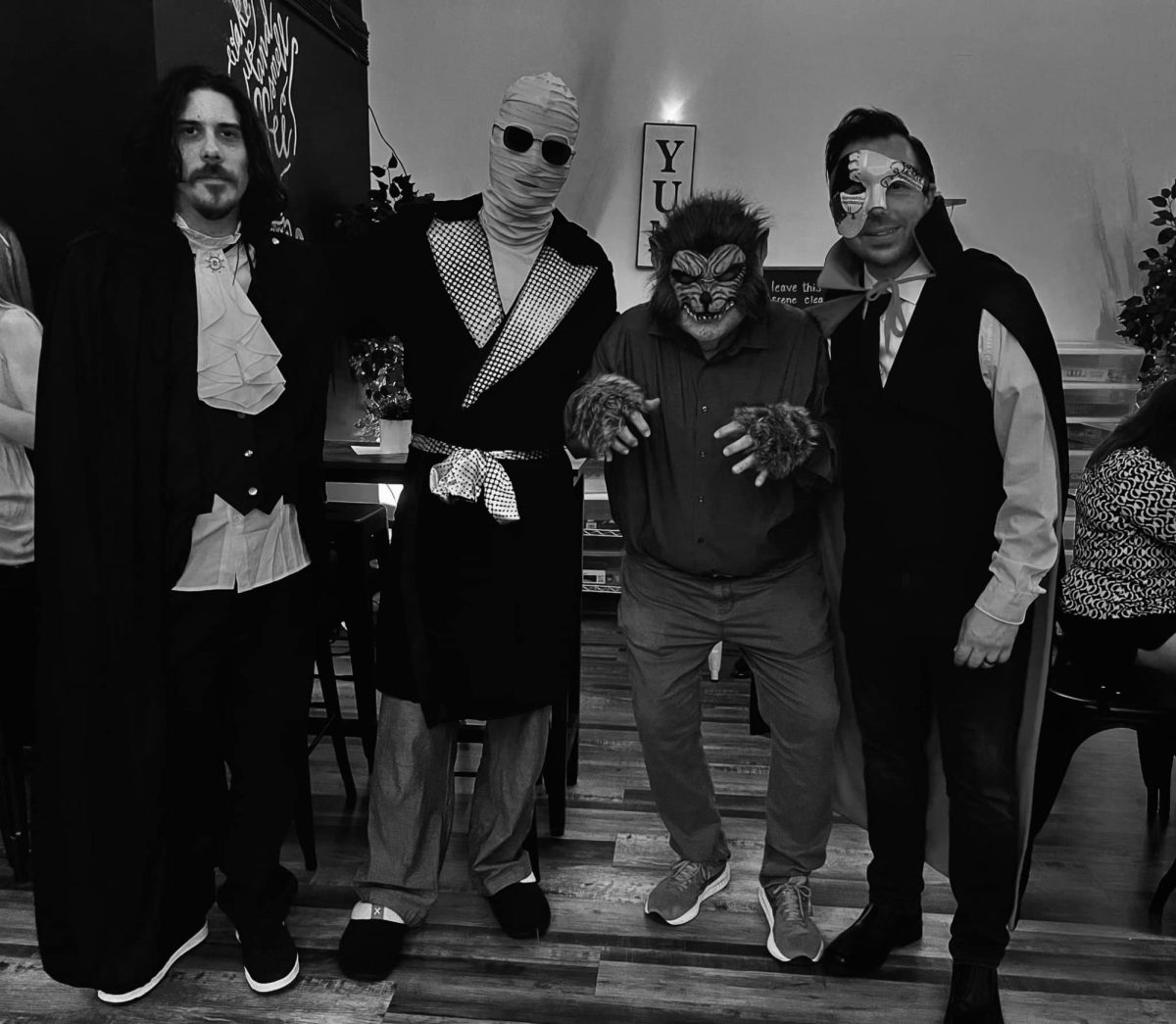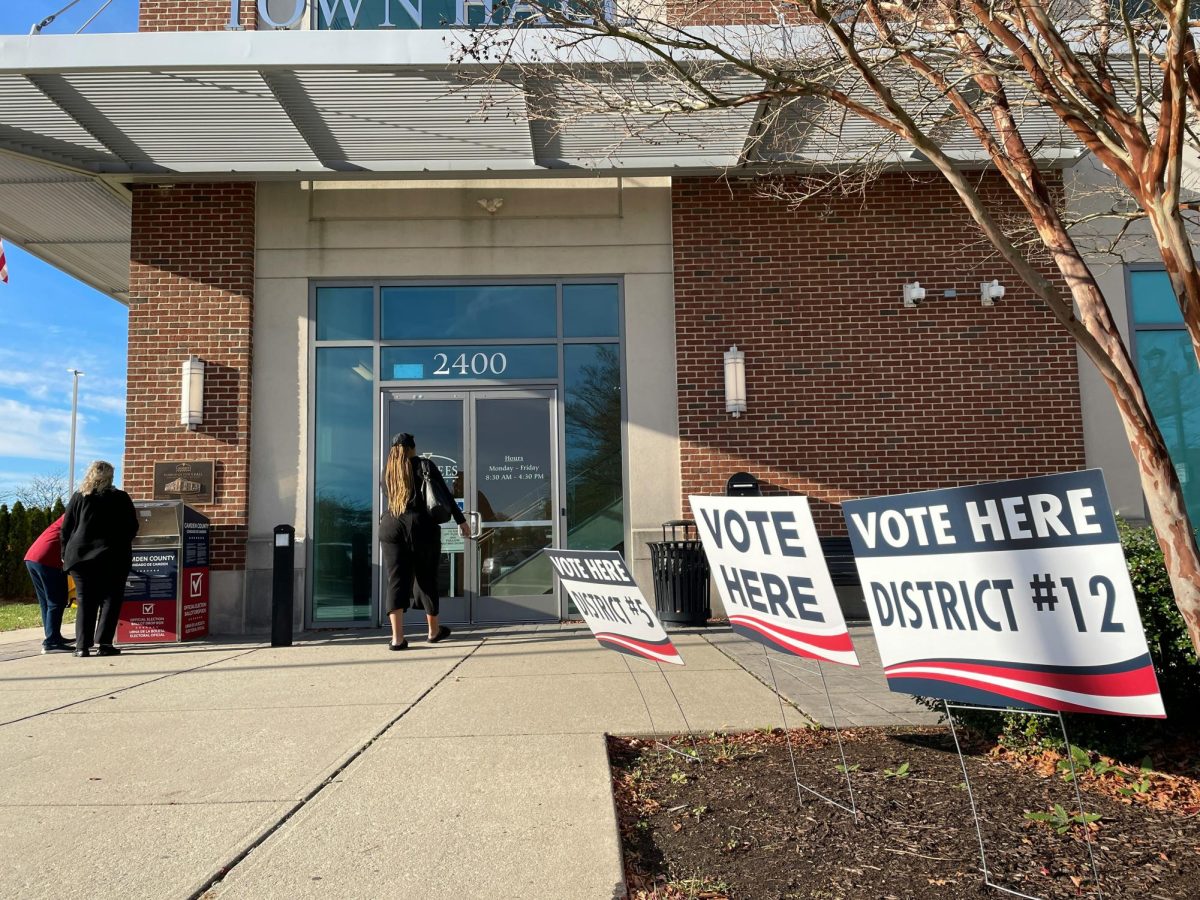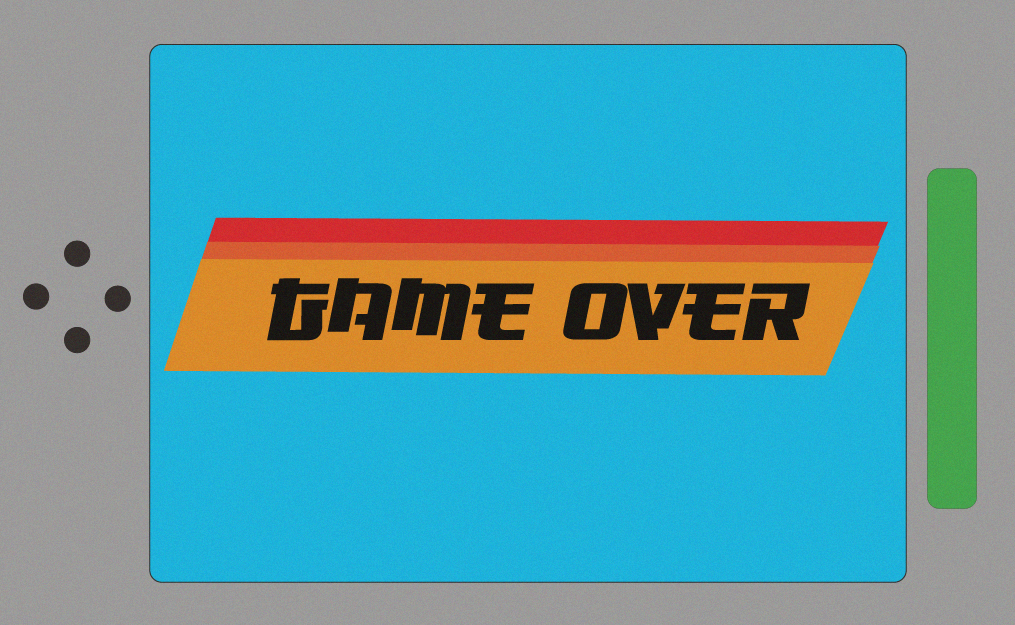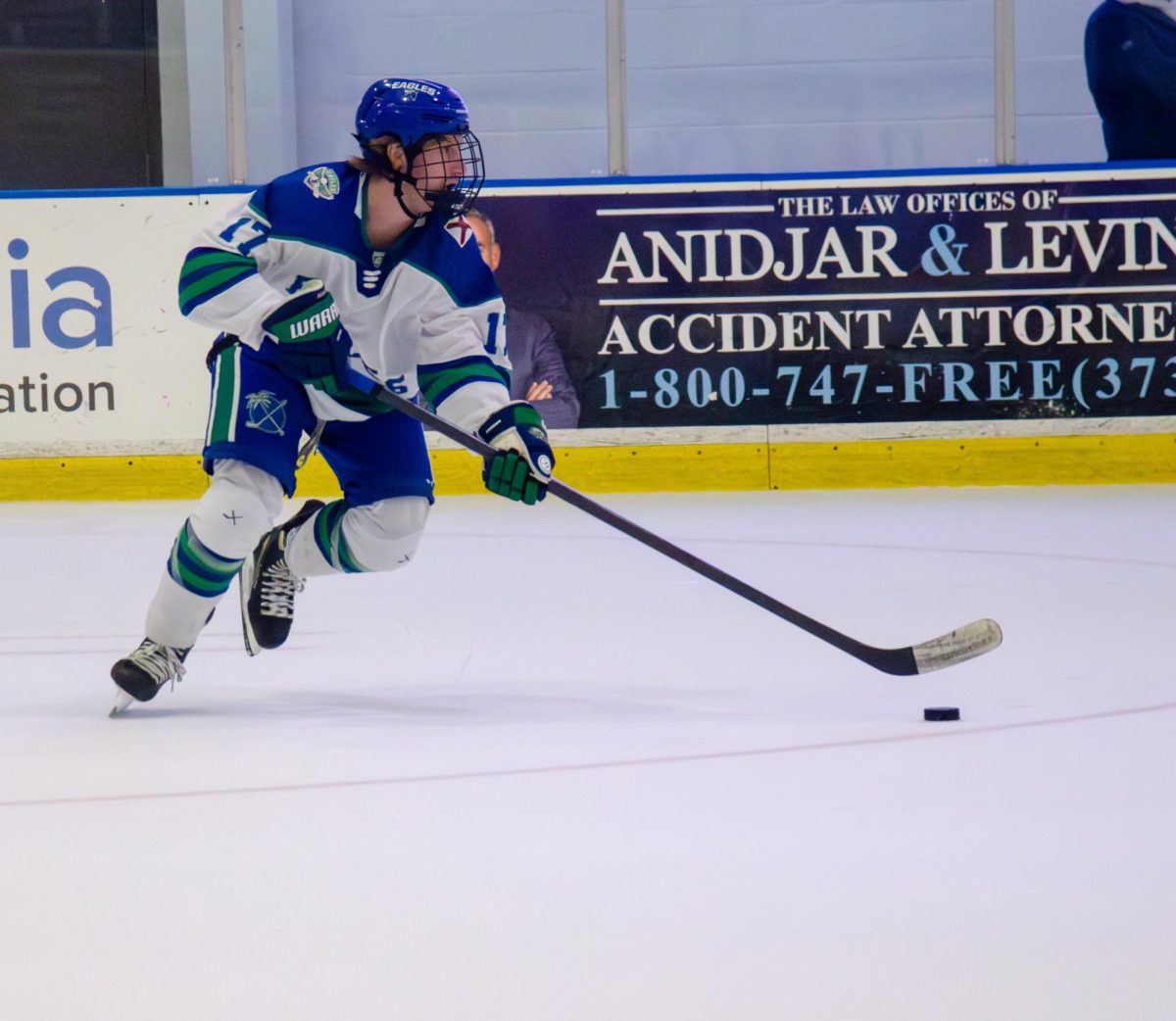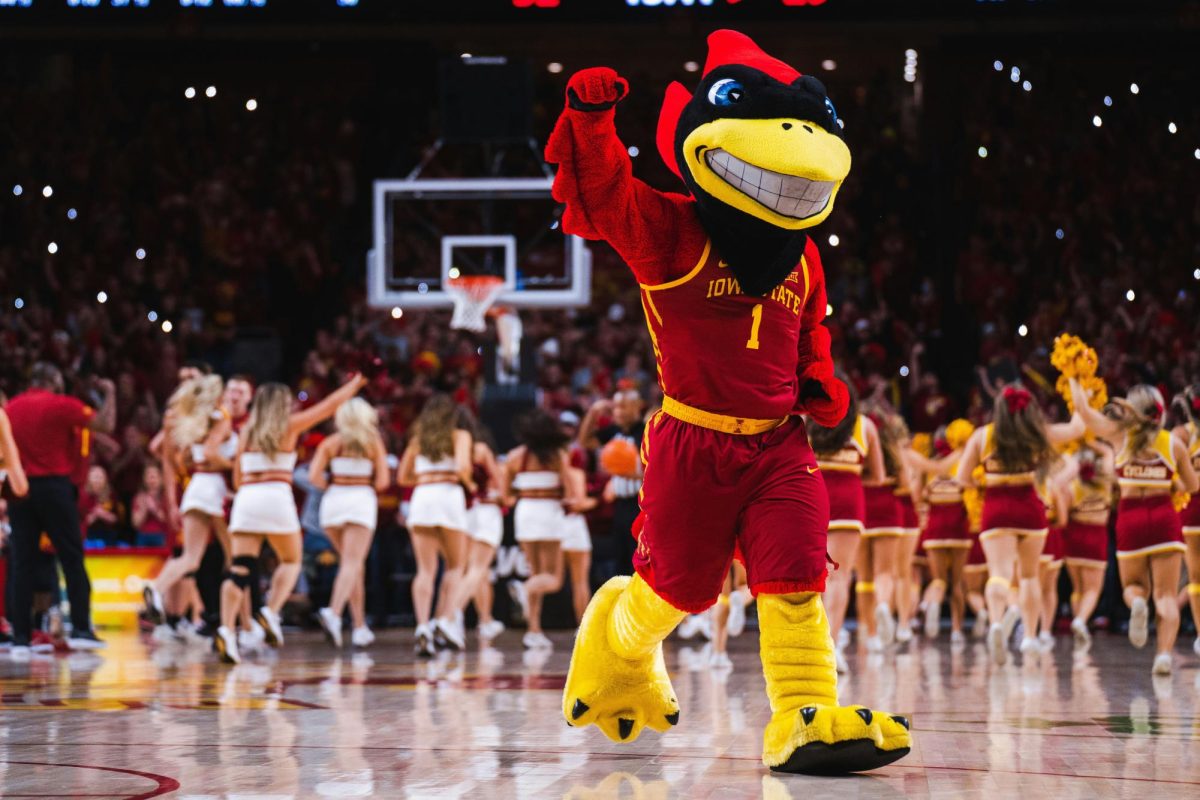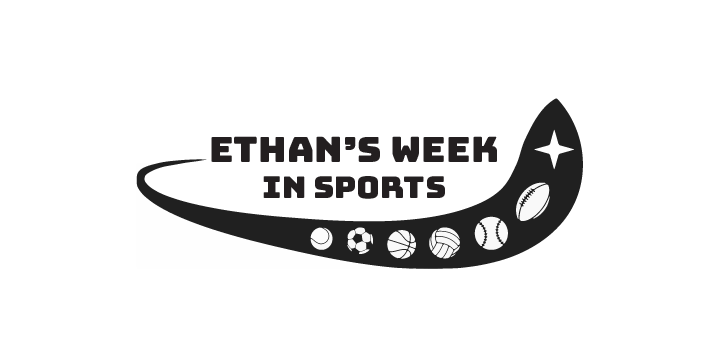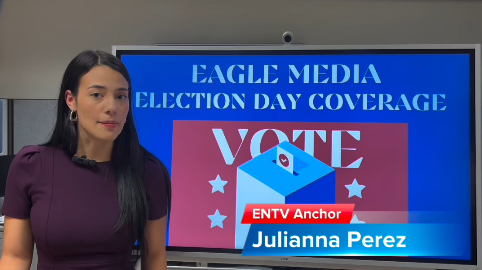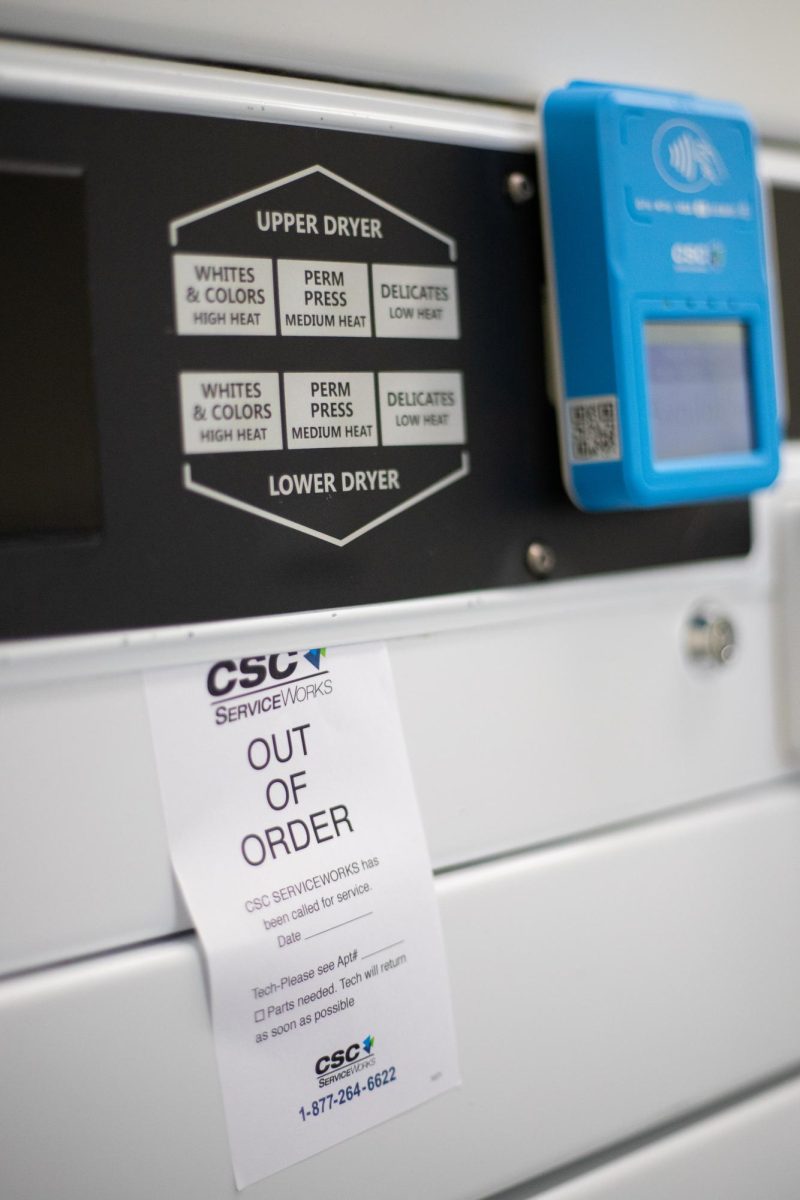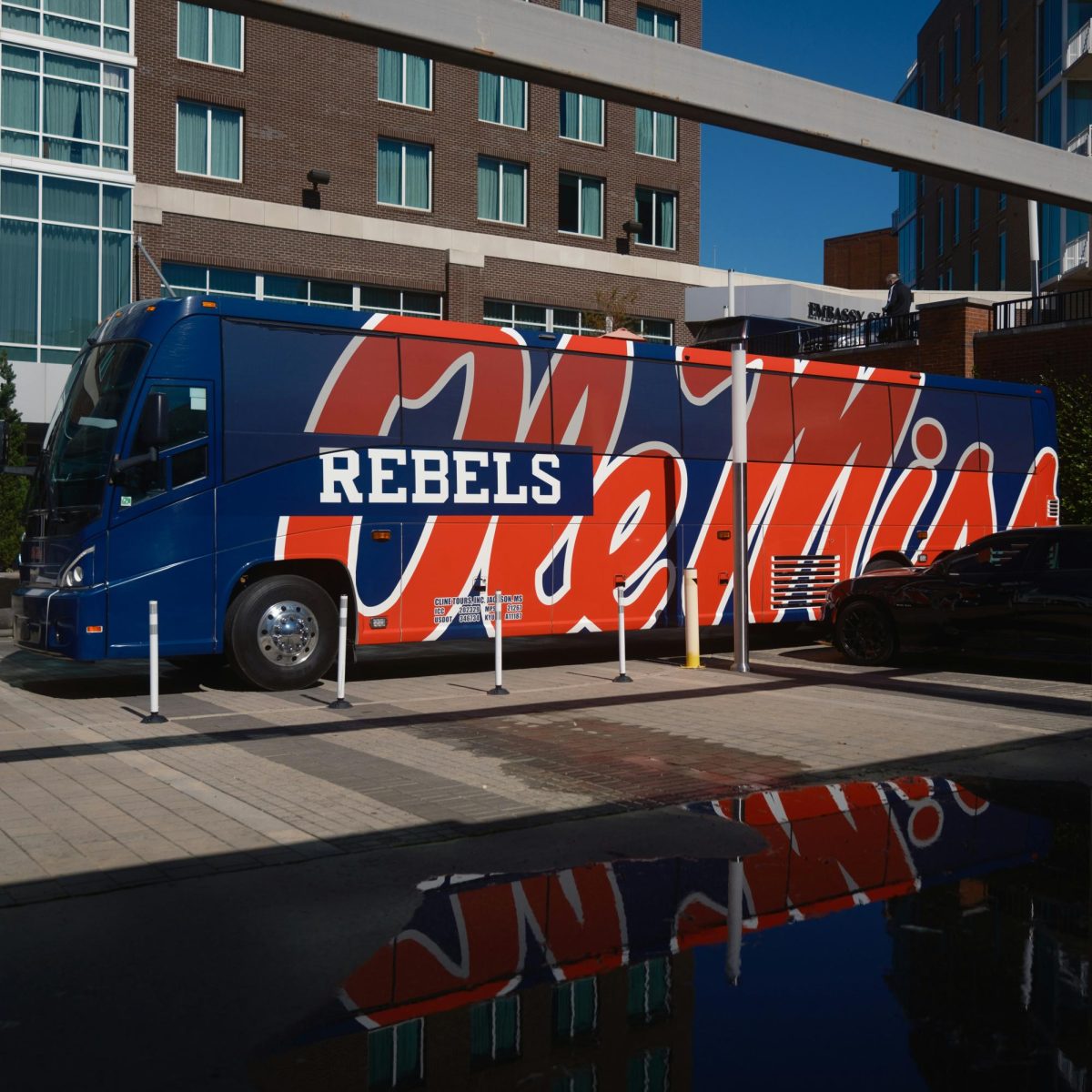Super Bowl XLIX ended in polarizing fashion Sunday night, as the New England Patriots defeated the reigning Super Bowl champion Seattle Seahawks, 28-24. The big game went down to the wire, with a thrilling interception in the last minute that sealed the deal for the Patriots. The game drew a historic 114.5 million viewers, creating its legacy as the most watched show ever in U.S. television history. The Super Bowl event is a media darling for sports journalism, as thousands of media members worldwide will come to access the NFL’s biggest stars.
One story that reigned supreme last week was that of fan-favorite Marshawn Lynch, and his hesitance and sometimes absence from the media spotlight. Lynch is Seattle’s leading running back. Throughout his career, Lynch has been fined more than $100,000 by the NFL for neglecting his media responsibilities. He was readily available to the media during Super Bowl week, and came ready to dish out a few new catch phrases.
Lynch answered most questions all week with slight variations of “I’m just here so I won’t get fined,” or with “You know why I’m here.” He failed to actually respond to any questions regarding football, game plans or of any other sort.
The media has come down harshly on Lynch, especially because he shows no problem displaying his “Beast Mode” persona in action on the gridiron. He chooses not to openly embrace the media like that of his counterparts, Seattle quarterback Russell Wilson and defensiveback Richard Sherman. Both Wilson and Sherman openly gravitate toward the spotlight and have an apparent attraction to the idea of having an open podium to speak their thoughts.
Athletes from other pro sports have caught wind of this phenomenon as well. NBA point guard Russell Westbrook from the Oklahoma City Thunder took a page out of Lynch’s book last week, answering every one of his post-game interview questions with the word “execution” and eventually responding with, “I just don’t like you.”
But should Lynch be required to give the media any insight if he wishes not to do so?
The NFL policy on media interaction is pretty unambiguous: “Players must be available to the media following every game and regularly during the practice week as required under league rules.” Lynch can pout all he wants, but he himself signed a contract worth $30 million that states he will do as the team tells him to. Talking to the media is a part of his job requirement and must be fulfilled. If he doesn’t adhere, he will continue to be fined.
You might compare it to a familiar classroom interaction where there’s always that one student who feels uncomfortable presenting in front of the class, but the professor still makes that student do it anyway. Lynch maybe also suffers from some type or form of this social anxiety, but has made no efforts in officially announcing this to the NFL or to the media.
Almost everyone who has ever held a job would probably attest to the fact there are facets of every job that are unappealing. Anyone in the restaurant business could probably remember a time or two where they were asked to help slave away in the dish room. You might hate it, but it comes with the territory of having a job. If you won’t do it, someone else will.
Nonetheless, media access is a requirement Lynch must comply with. Perhaps he and other athletes should change their perspective on the media; who give such athletes the world’s best open platform to speak their minds and market themselves. Since joining the NFL in 2007, Lynch has found million-dollar endorsement deals with Skittles and created his own Beast Mode clothing and apparel line.
We all must do things we don’t prefer doing, and there should lie no exceptions for professional athletes. Talking to the media will not harm Lynch, affect his family negatively or cause him to play any different.
A man of good character, Lynch should take one for the team and just do his job.
Time to speak up and do your job
February 4, 2015
Story continues below advertisement
0
More to Discover



